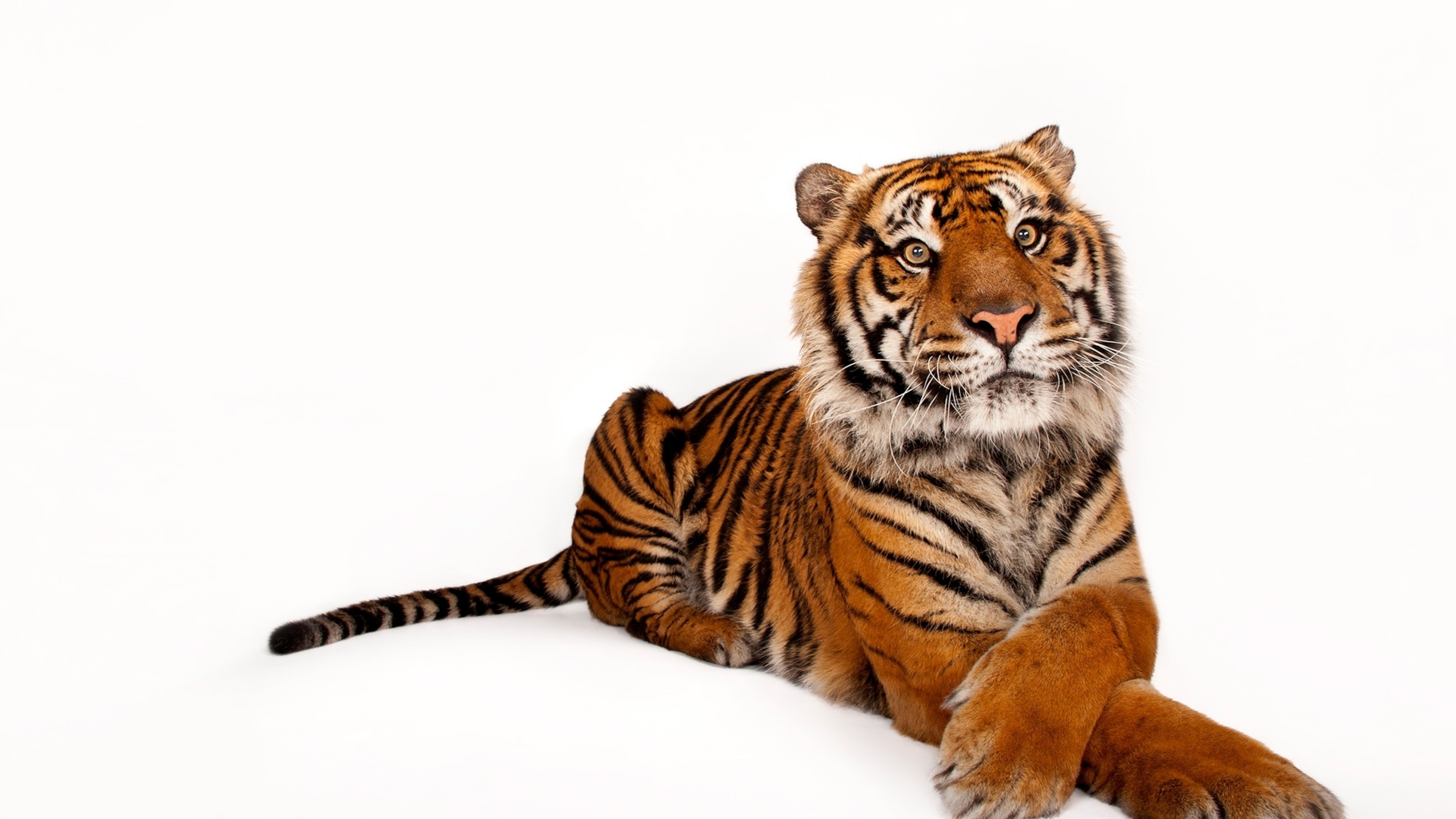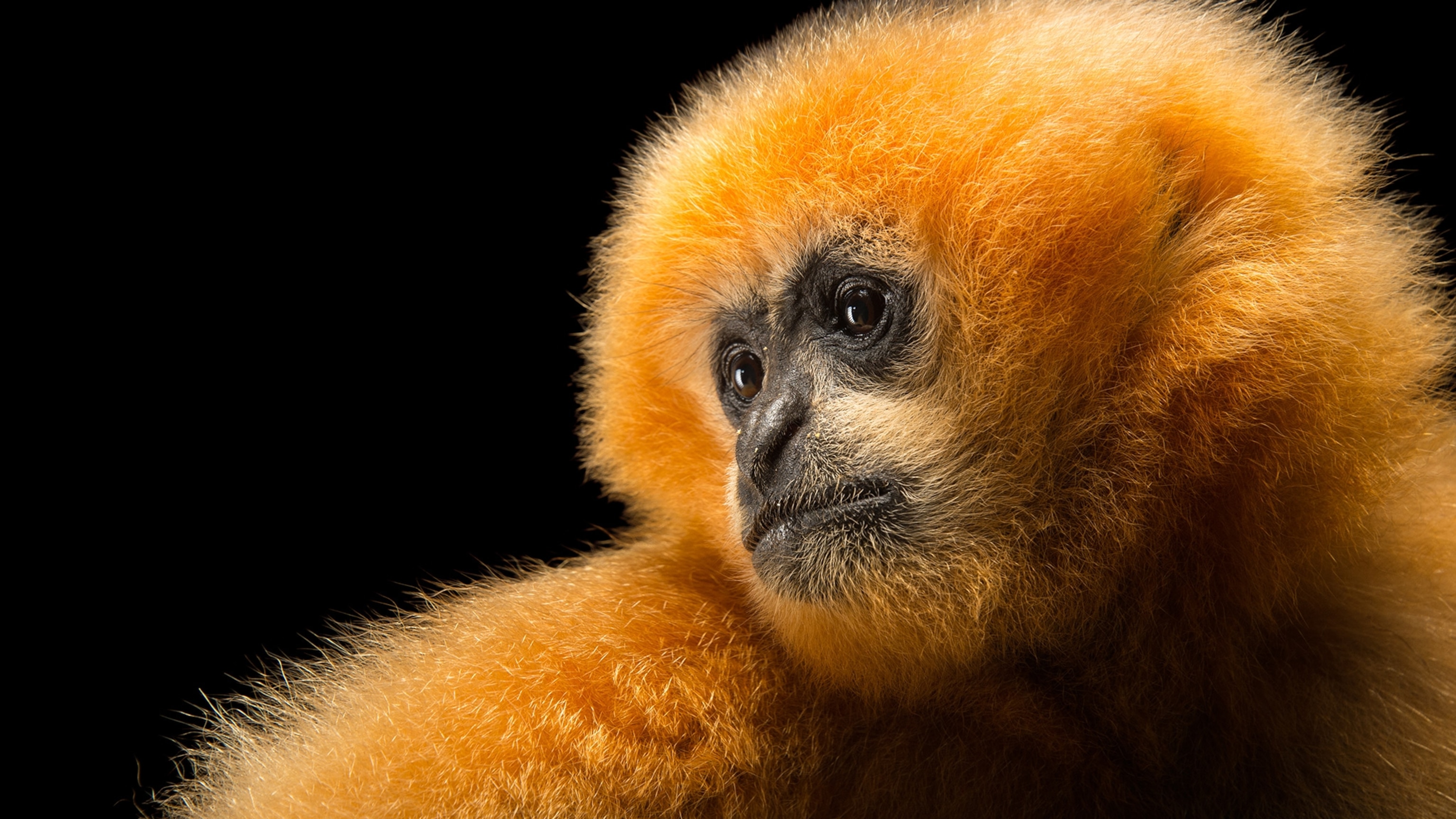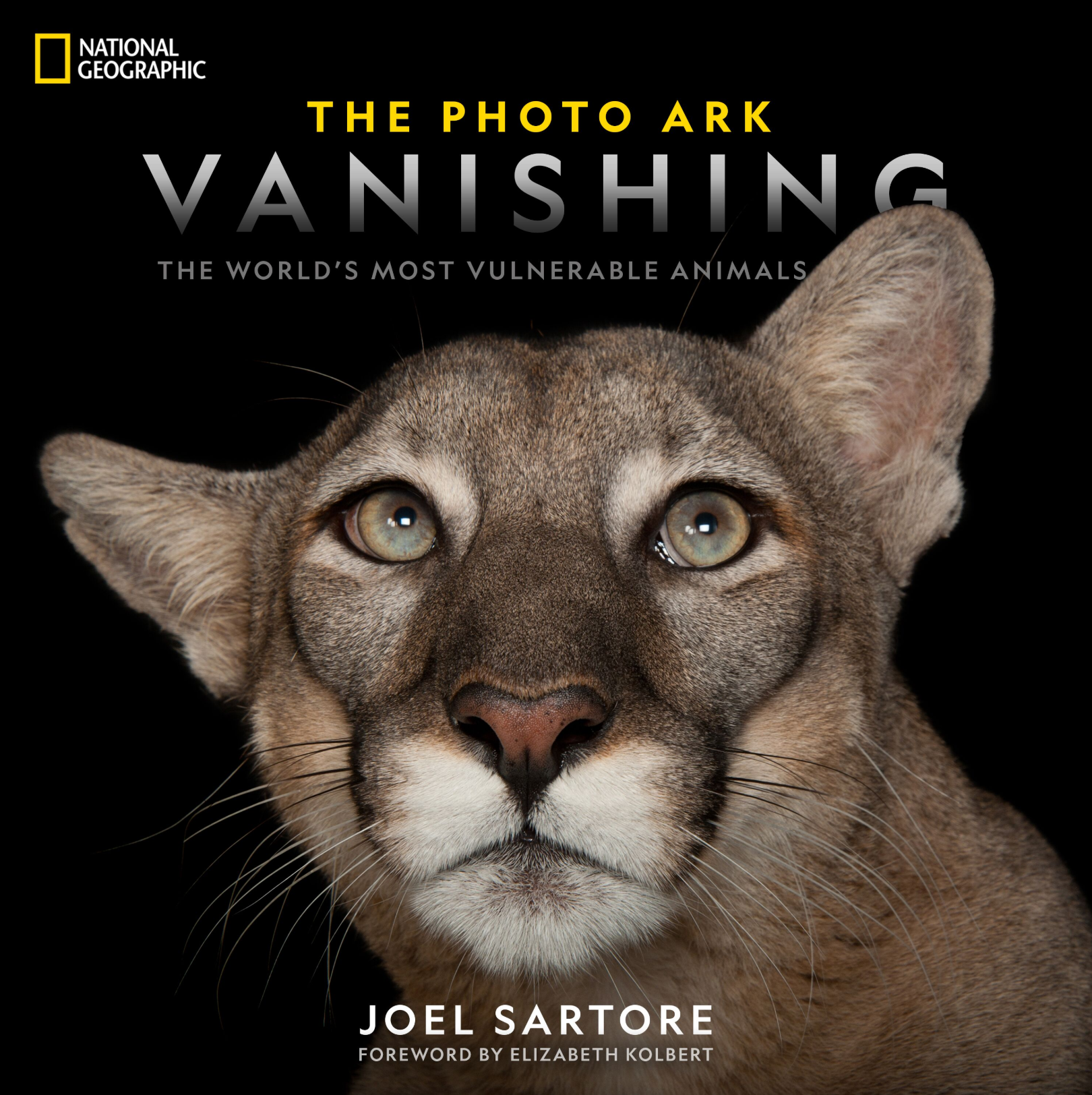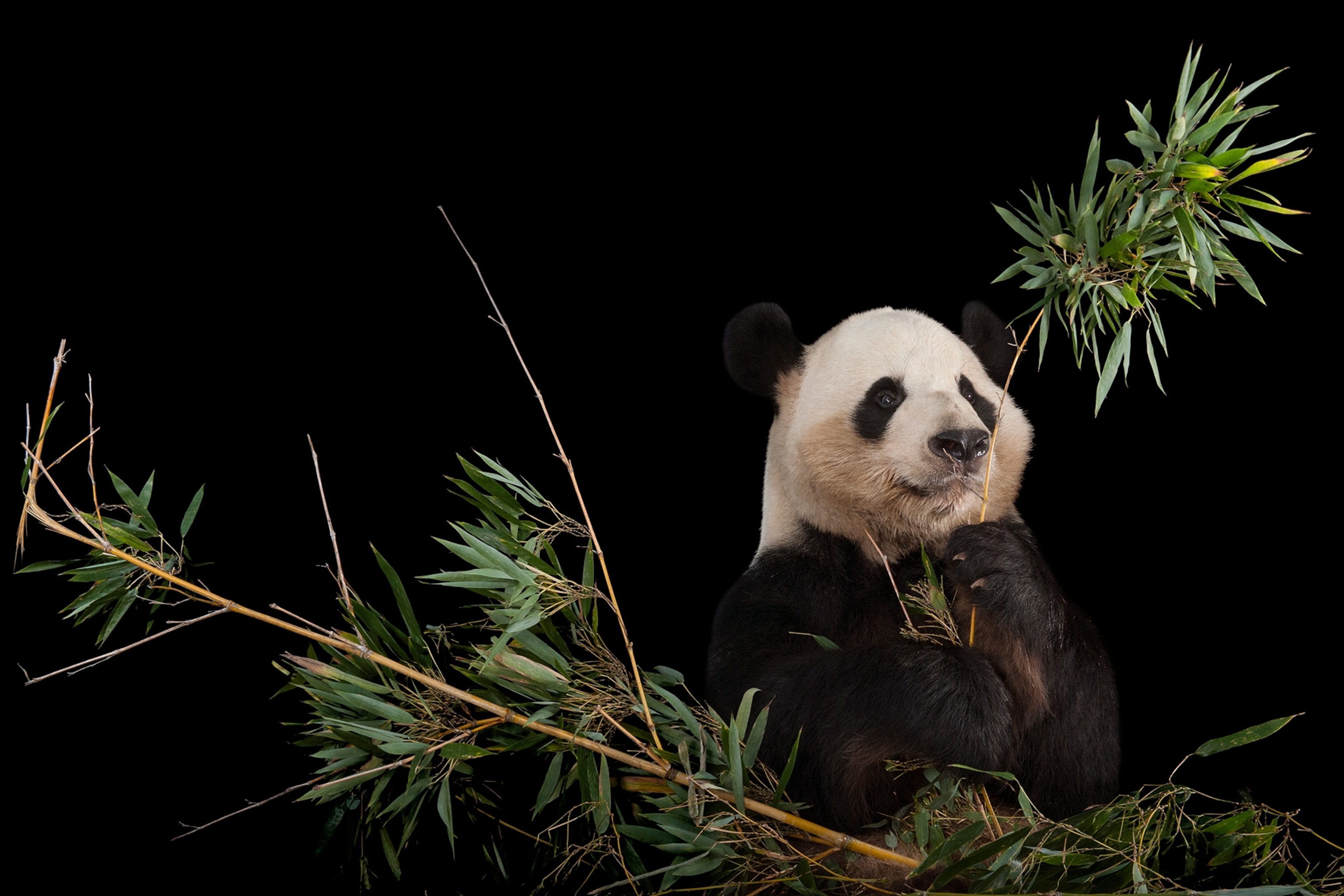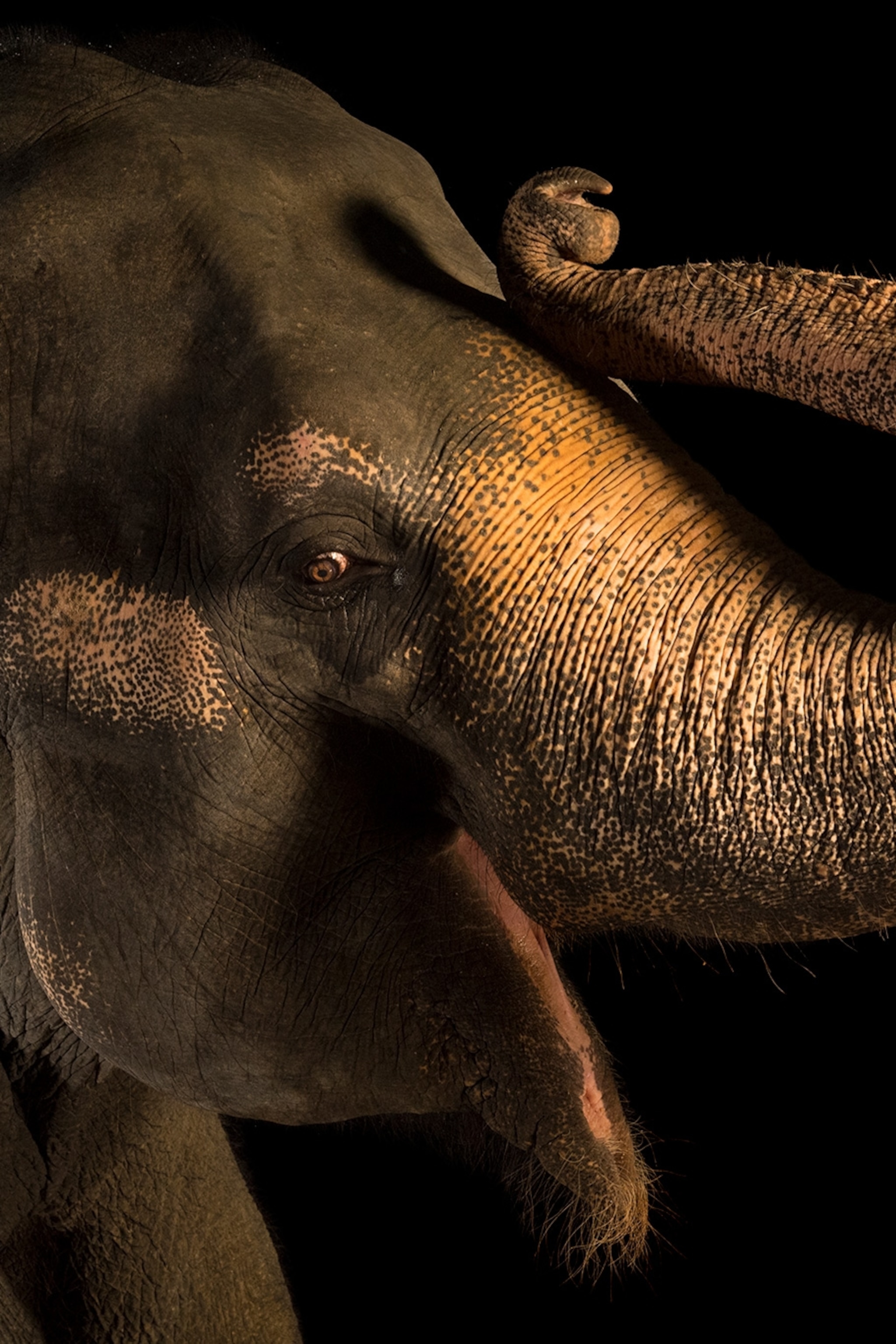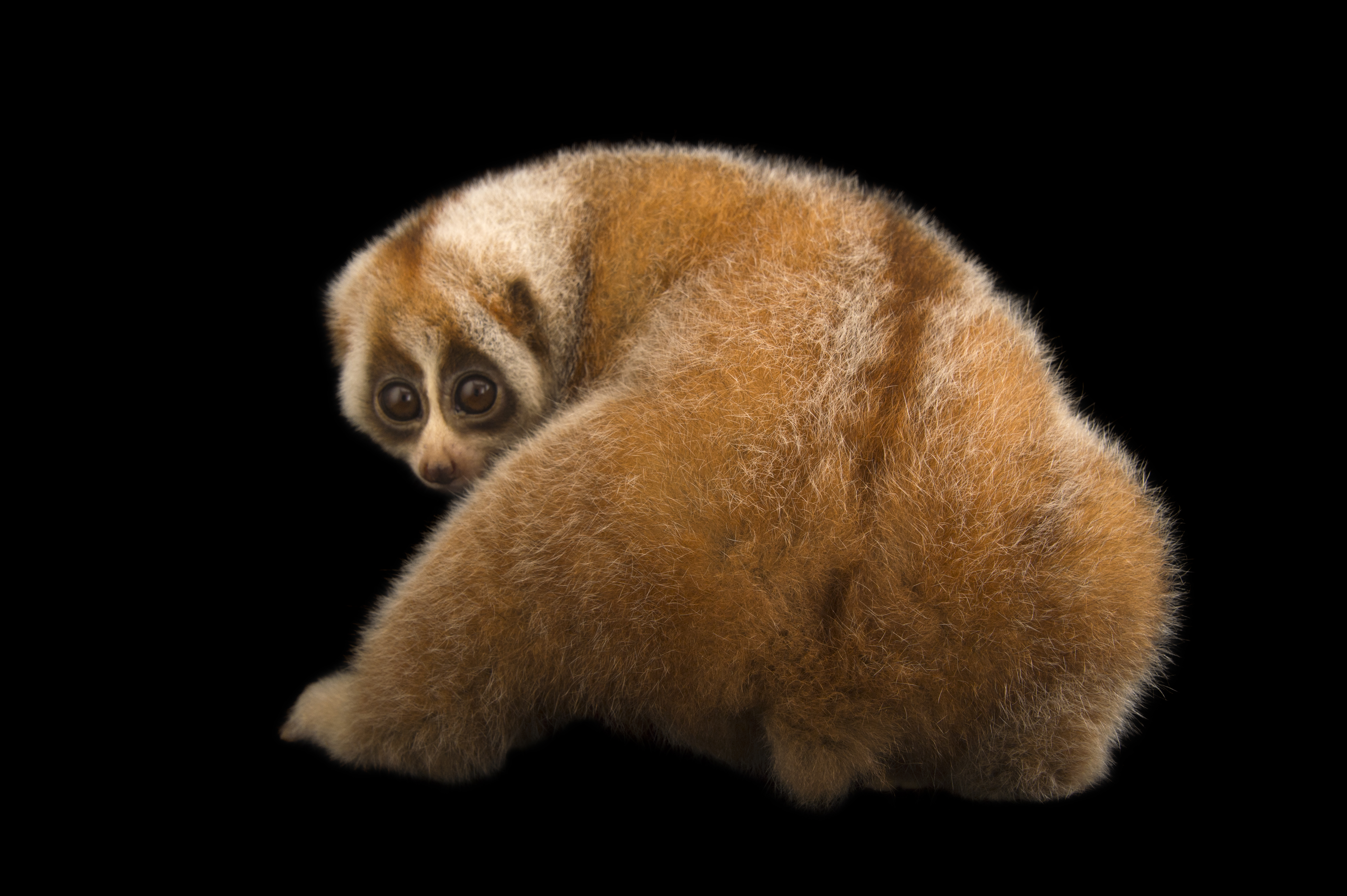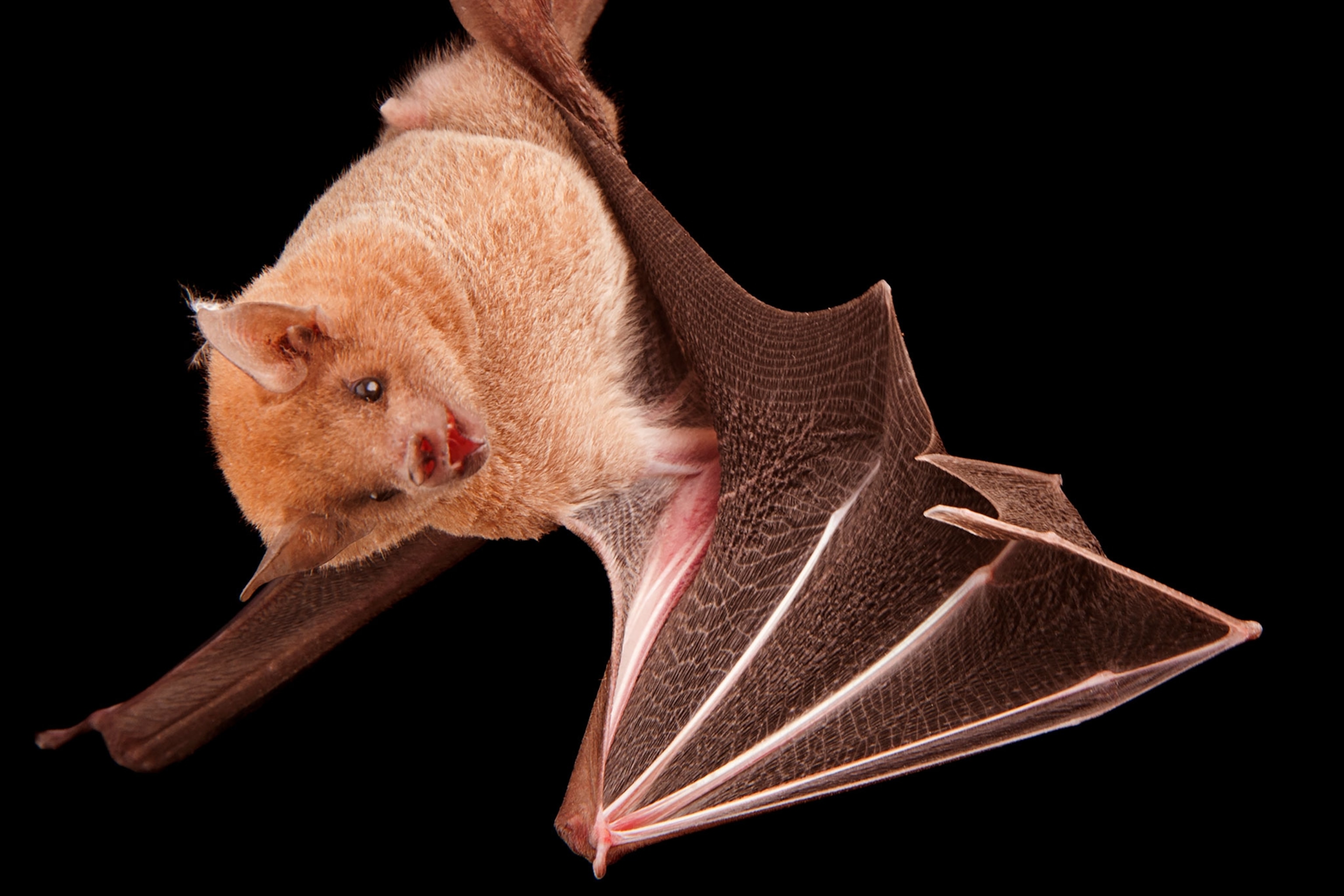Endangered Animals 2020 National Geographic

HOME TO SOME OF the most extravagant eccentric and dangerous animals Australia also has some of the most endangered wildlife in the world.
Endangered animals 2020 national geographic. Lions likely also declined. The Siberian sturgeon is an endangered species because its total population has declined between 50 and 80 percent during the past 60 years three generations of sturgeon. Anthropologist and National Geographic Explorer Cortni Borgerson estimates that at least 1600 red ruffed lemurs and 10000 white-fronted lemurs were killed and eaten each year before the pandemic.
May 15 2020 Today in honor of Endangered Species Day National Geographic Fellow photographer and National Geographic Photo Ark founder Joel Sartore announced the addition of the Arks 10000th species the güiña the smallest wildcat in the Americas. Nat Geo photographers recall their favorite shots on Endangered Species Day As part of a new project to highlight threatened species photographers talk about the stories behind their most. Learn about how the Endangered Species Act protects gray wolves and other animals in North America and around the world.
Australian Geographic has compiled a list of Critically Endangered Australian animals from these two lists. At the time of writing June 2020 there are only around 150 to 180 adult Cross River Gorillas left in the wild. We use first and third party cookies to improve our service personalize your advertising and.
From classic documentaries to new. For Earth Day 2020 Disney Plus National Geographic Apple TV Plus PBS and other platforms are providing ways to explore. Populations are only found in zoos.
Across the globe species are vanishing at rates 1000 times greater than ever. Overfishing poaching and damconstruction have caused this decline. Theres the tarsier and the torpedo barb the bonneted bat and the bearded pig the wildcat and the woolly monkey.
Like many endangered animals their decline is mostly due to poaching habitat loss disease and human conflict. Notice how many are looking us in the eye as if theyre counting on us to save. Scientists say we are in or are approaching a mass extinction event losing species 1000 to 10000 times faster than the natural extinction rate.

